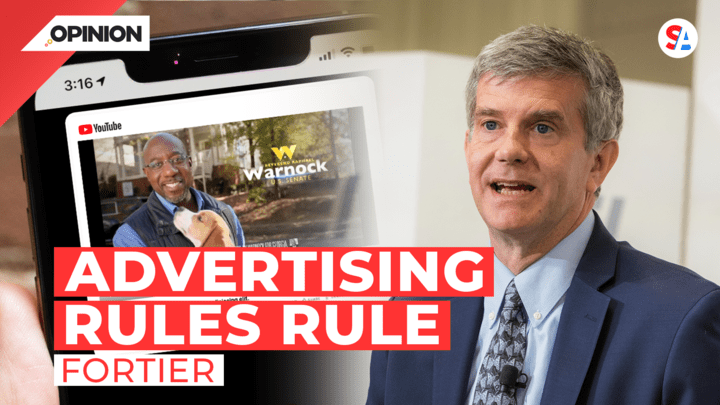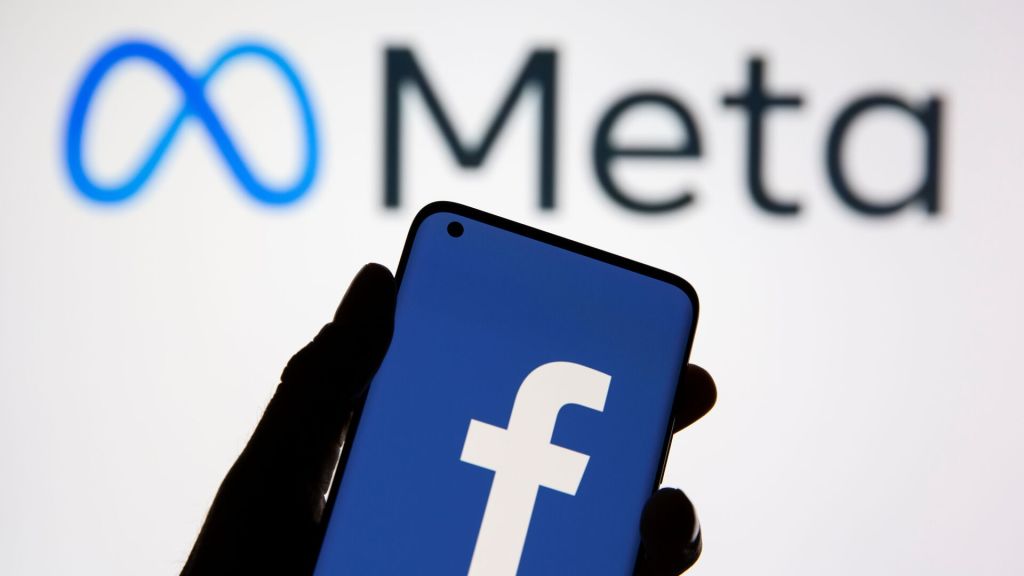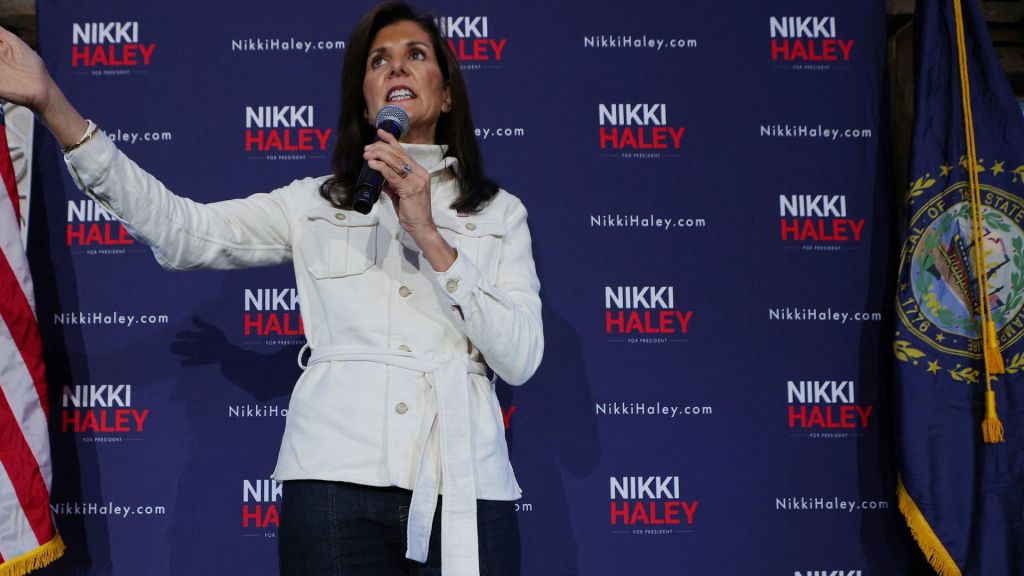
Commentary
-
Our commentary partners will help you reach your own conclusions on complex topics.
We are ramping up for a presidential election. How should social media companies deal with political advertising?
Candidates, campaigns, and political parties need to communicate with voters. And it’s no surprise that billions of dollars are spent on political advertising. Historically, the largest amount of money has been spent on television advertising. And today, television is still the biggest mode of advertising. And as television advertising is long established, the rules are relatively stable, as there are some government regulation long-term players and a well established market for advertising.
But recent years have seen a significant rise in political advertising on social media. Political campaigns spend heavily on bigger platforms like Facebook and Google, but also on other social media outlets like video and streaming television platforms that blur the lines between television and social media.
As the social media platforms are newer than television and less regulated, their policies on advertising are relatively new, subject to change, and part of a larger debate on how social media companies should operate. While there are many thorny issues on how social media companies should regulate political ads, there’s one bottom line policy that social media companies should follow for the 2024 election.
Social media platforms should put in place rules and regulations for advertising on their platforms, and promise not to make policy changes in the months leading up to the election.
There are three reasons why social media companies should freeze in place their advertising policies. First, stability of rules in the period before Election Day is generally good policy across all aspects of elections. For example, the Supreme Court has adopted a principle referred to as the Purcell principle that other federal courts should not entertain legal challenges to election administration in the period before an election. There are certainly critics of the courts’ application of Purcell. But the more general principle — that we should not change the way we run elections in the middle of the game — is one that most would agree with. The point is that voters, election administrators, and political campaigns need to be able to operate without last minute changes.
Second, the policies regarding political advertising and speech are only a subset of the many fraught issues with social media in general. We have debates that divide the political parties on the role of social media in upholding free speech principles, combating misinformation, allowing user data for micro-targeting voters. There are also thorny policy and legal questions as to the role of social media companies — how much they are just ordinary private companies, whether they have responsibility as publishers of information, and to what extent they are liable for content users post on their sites. We are likely to see debates on these subjects for many years in Congress and state legislatures. However, whatever policies social media platforms adopt for political advertising rules before the 2024 elections, they should keep these policies in place and stable for the months before the election.
What are the dangers? What if one political candidate has decided to spend significant money on advertising on one type of platform, but six weeks before the election, the platform decides it will no longer take political ads. Such a sudden change could damage one party’s chances and help their opponents. Even smaller changes in policy such as new policies on banning particular accounts from participating or the way in which advertisers can target voters could upend communication strategies, and ultimately prevent voters from hearing from a set of candidates. Of course, social media platforms will have to make many individual decisions on ads following their policies every day up to an election, but they should not change the rules in the middle of the game.
Third, politics is a competitive sport. It’s not hard to imagine that one political party might try to pressure a social media platform to change their policies in ways that would hurt the opposing party. Social media platforms will not operate in a vacuum. The major party candidates and campaigns will push the platforms for rules that benefit them. Social media platforms need to resist these voices in the months before election day. As our world has changed dramatically with the rise of social media, so have our campaigns and the ability of political actors to get information to voters. All of this change comes with new possibilities. But what is needed is a stable set of rules for political advertising before an election. Democracy and the interests of voters depend on it.
-
SCOTUS case on threat of disinformation raises thorny questions
The Supreme Court recently heard arguments concerning government communications with social media platforms in Murthy v. Missouri. Plantiffs in the case claim that government agencies pressured social media companies to remove or restrict posts spreading disinformation about vaccines, elections and COVID-19. Straight Arrow News contributor John Fortier delves into the complex questions raised by the…
-
Trump v. Anderson is more complicated than it looks
The Supreme Court case Trump v. Anderson will decide whether former President Donald Trump is eligible to run as a candidate for president in 2024. Some constitutional law experts have argued that Trump cannot run as a candidate, citing what they say is a clear violation of the 14th Amendment in the U.S. Constitution, which…
-
Era of Iowa, New Hampshire kicking off election season is ending
In American politics, tradition dictates that Iowa and New Hampshire kick off the election season as the two major parties elect their primary candidates. Recently, however, Democrats have suggested revising this tradition, arguing that Iowa and New Hampshire do not present an optimal, comprehensive sample of American voters, and suggesting states like South Carolina or…
-
Why the frenzy over Georgia’s voting laws was misplaced
Georgia Gov. Brian Kemp (R) changed state voting laws after President Joe Biden narrowly won Georgia’s electoral votes over former President Donald Trump in 2020. Voting advocacy groups responded and the U.S. Department of Justice filed a lawsuit against the legislation. These lawsuits alleged that the Georgia GOP in the state legislature aimed to restrict…
-
Changing speakers isn’t actually going to help Republicans
After three weeks without a speaker and three unsuccessful attempts to secure the required votes for a new one, the U.S. House of Representatives elected a little-known Congressman from Louisiana, Rep. Mike Johnson. But was the decision to elect Rep. Johnson, who leans hard-right and pro-Trump, a wise move for the Republican Party? Straight Arrow…
Latest Opinions
-
 Getty Images
Getty Images
Trump to attend NY trial as US Supreme Court hears immunity case
-

Supreme Court justices split over Idaho’s abortion law
-
 Getty Images
Getty Images
Businesses sue over FTC ban on noncompetes
-
 Getty Images
Getty Images
National Enquirer ex-publisher: Tabloid made up stories to help Trump
-
 Getty Images
Getty Images
Bird flu fallout: USDA says milk is safe, states must test dairy herds
Popular Opinions
-
In addition to the facts, we believe it’s vital to hear perspectives from all sides of the political spectrum.


